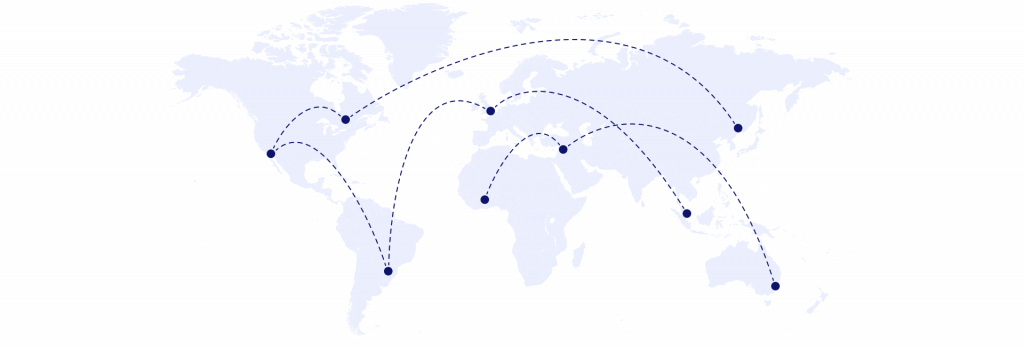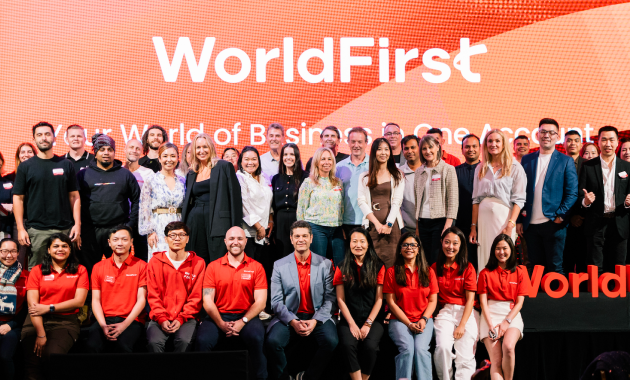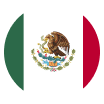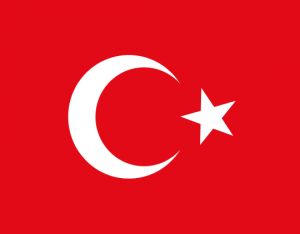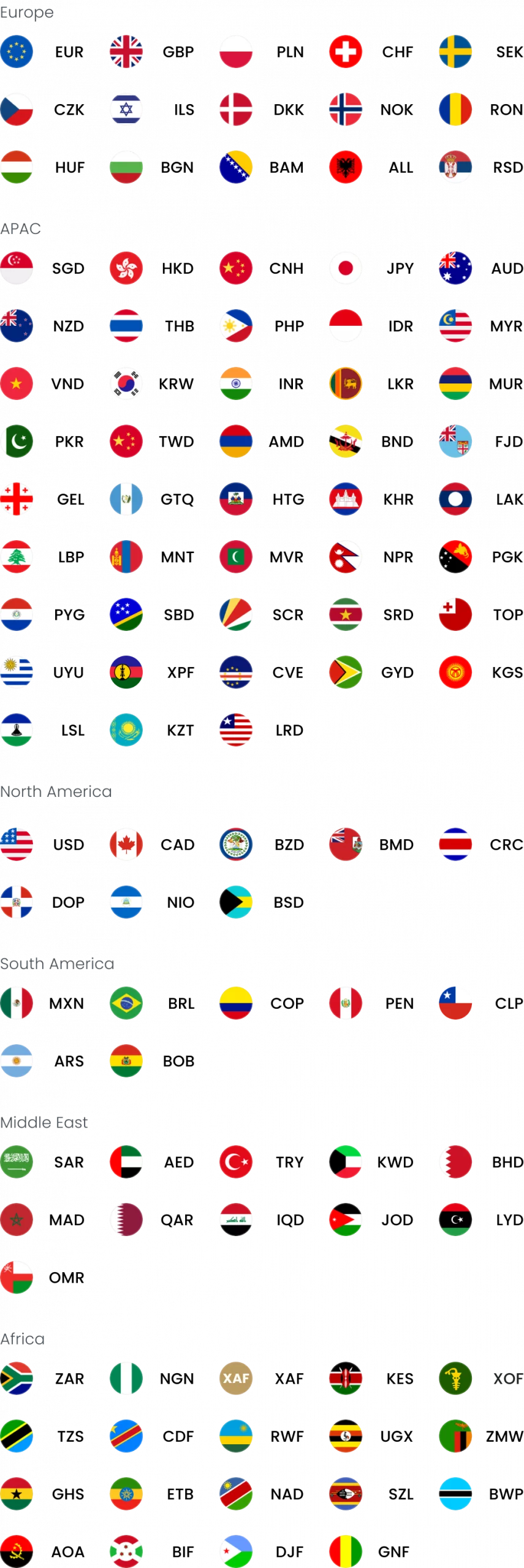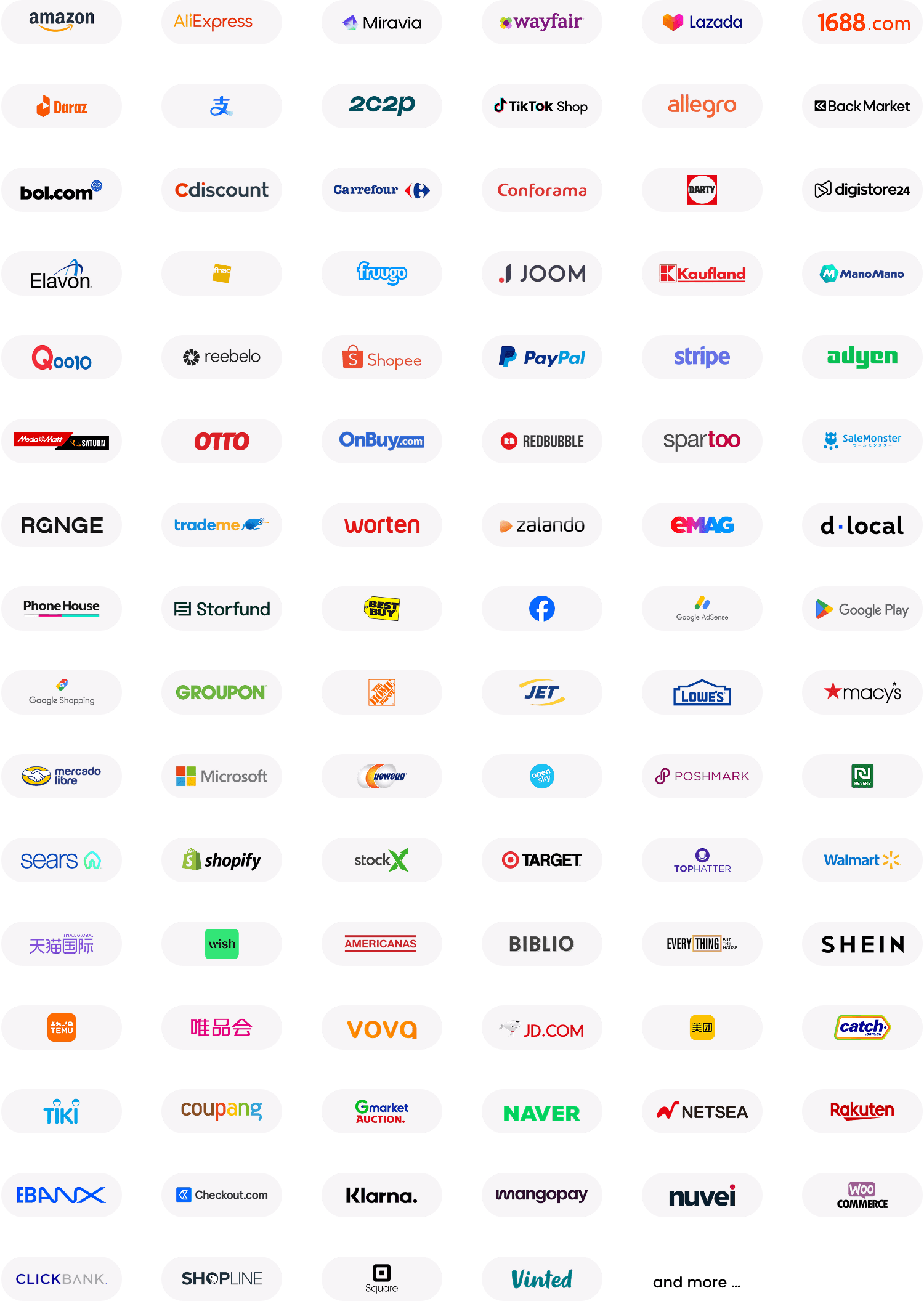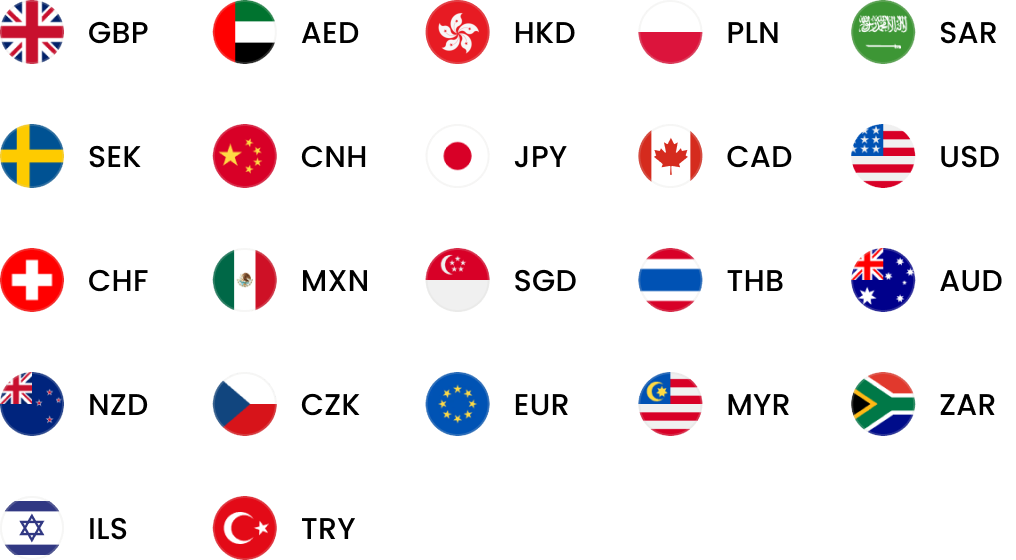Cross-border business payments: Everything you need to know
Last update: 2 Sep 2025
If you’re looking to make cross-border business payments, you’ll likely be aware of some of the common issues involved:
- Long settlement times: When you send international payments via SWIFT transfer, it can take up to a week for funds to settle. In worst-case scenarios, such delays can mean you miss out on business opportunities.
- High transaction fees: Cross-border payments often come with additional charges from banks or intermediaries, which makes each transaction more expensive for you. What’s more, UK banks will often mark up exchange rates, sometimes by as much as 3%.
- Repetitive authorisation admin: You need to provide documentation or get authorisation from your bank each time you want to make a transfer, especially for high-value sums.
To help you overcome these challenges, we’ve created this detailed guide to cross-border payments. It’ll help you decide which transfer method of sending international payments is best for you.
In this article, we’ll cover:
- Which cross-border payment solutions are right for you?
- Multi-currency accounts
- Wire transfers
- Foreign exchange services
- Credit cards
- Payment processing services
- How WorldFirst makes cross-border payments easy
- How Bull Doza Fight Wear expanded overseas with WorldFirst
Want to make international business payments while saving on FX fees? Open a World Account today.

Which cross-border payment solutions are right for you?
Payment methods differ in terms of speed, cost and convenience. Here’s a quick guide to the main types of cross-border payment methods:
1. Multi-currency accounts
Multi-currency accounts are digital wallets that let you hold, send, receive and manage funds in multiple currencies, all from a single account.
They’re useful as they mean you don’t need to open separate bank accounts for each currency you hold. Instead, a multi-currency account consolidates your funds and global spending in one place, giving you the ability to simultaneously transact in currencies such as GBP, USD, EUR, CNH and more.
What’s more, as multi-currency accounts let you receive and make payments in various currencies, you can hold funds and time your currency conversions to take advantage of favourable exchange rates. Or, a UK-based account holder could receive payments in euros, hold the funds, and then use the balance to pay a European supplier in euros – all without any currency conversion.
Many multi-currency accounts also provide local bank details in multiple countries, such as a UK sort code or a US routing number. This lets you make payments via domestic payment networks, allowing faster cross-border transactions by avoiding traditional SWIFT payment rails.
Read more: How to choose a multi-currency business account (+ 6 options)
2. International wire transfers
Bank wire transfers are a widely used and traditional method of sending payment overseas. To receive cross-border wire transfers to your business bank account, you’ll need to provide your customers with the following details:
- Your company’s name and address
- Your bank’s name and address
- SWIFT code or Bank Identifier Code (BIC)
- International Bank Account Number (IBAN) or account number
Wire transfers are secure and straightforward, but they’re also slow and expensive. They can take anywhere up to six business days to settle, which can create cash flow challenges if your business depends on quick payment processing.
Banks typically charge fees for international transfers, costs which can accumulate if you’re frequently making these payments. These include upfront sending fees, receiving fees and intermediary bank handling charges.
Below is an overview of each fee type:
| Upfront transfer fees | Financial institutions often charge a flat processing fee for international transfers, typically between £5 and £25 depending on the bank and destination. |
|---|---|
| Exchange rate markup | This markup can typically range between 3% and 5%. |
| Intermediary bank fees | Each intermediary bank that touches your transfer can deduct a fee, often between £5 and £10. |
Read more: How to make an international wire transfer
3. Foreign exchange services
Foreign exchange (FX) services are specialised currency transfer services that allow you to convert, send or receive payments internationally. They leverage real-time exchange rates, meaning they’re usually more cost-effective than banks (especially for large transfers).
This type of service is distinct from standard bank wire transfers because it often sits outside traditional banking rails. Instead, they use fintech solutions or specialised payment networks such as Visa Direct and Mastercard Send to execute currency conversions and payments.
Unfortunately, they might charge you service fees, or fees for premium services – which include faster payments, card transactions or additional account features. While the benefit is speed, the cost of the transfer can become quite expensive.
Read more: Foreign exchange risk management: How to make international business more affordable
4. Credit cards
Credit cards like Visa and Mastercard are widely recognised and trusted globally, making them a useful tool to easily pay suppliers or vendors abroad.
Card payments are straightforward, often processed quickly, and they’re easy to integrate with online payment gateways, all of which help your business to maintain a good cash flow. One great benefit is that you can dispute transactions and issue chargebacks to a seller if an issue arises, which provides you with an extra layer of security.
Using credit cards lets you tap into international markets without needing complex banking arrangements, and they’re often able to automatically convert payments between currencies. While it’s a straightforward and convenient option, it’s likely to be more expensive than other payment methods (such as multi-currency accounts).
Credit card costs such as non-sterling fees and cross-border charges are typically higher than bank transfer or debit card fees, often ranging from 1.95% to 3%. Plus, the exchange rates offered by credit card companies may not be as favourable as specialised foreign exchange services, increasing the effective cost of the payment.
Additionally, card issuers may place temporary holds on the funds to verify transactions, which can delay how long it takes a payment to settle.
5. Payment processing services
Payment service providers (PSPs) such as Adyen manage the entire transaction process on behalf of their clients, including handling payment authorisation, fraud prevention and currency conversion.
They’re primarily built for online transactions. They can help your business expand your customer base by enabling you to accept a wide variety of payment methods.
Since PSPs make money primarily through transaction fees, it likely won’t be the cheapest way for you to transfer funds to different countries. PSPs may also charge monthly or subscription fees for access to their platforms, as well as fees for additional services such as chargeback handling, currency conversion or premium fraud protection.
If you’re an e-commerce seller, using a PSP is usually the most convenient option since they’re often built into larger fintech platforms such as PayPal, Shopify or Stripe. If you already use these services to run your business, then adopting their overseas payment solution keeps your workflow streamlined.
Find out more: E-commerce payments: What you really need to accept payment online
How WorldFirst makes cross border business payments easy
WorldFirst is a multi-currency account provider specifically designed to make international business payments easy. We were founded in 2004, and for over 20 years we’ve been trusted by SMEs and e-commerce sellers to help them expand their business internationally.
Our World Account enables businesses to make and receive cross-border payments in 100+ currencies. The World Account has direct integration with over 130 global online marketplaces, which makes it easy to get paid by international buyers.
When you sign up for the World Account, you can:
Make and receive cross-border payments in 20+ currencies
When you open a World Account, you can receive payments in 20+ currencies and transact in over 100. Plus, there are no foreign exchange fees at all when you use the multi-currency World Card to spend in 15 supported currencies using existing balances.
All funds can be managed from your online World Account, which makes it easy to view and reconcile your transactions.
What’s more, when you open a World Account, you’ll receive local bank account details for each currency you hold – such as a UK sort code, US routing number or European IBAN. It means you can send and receive payment just like a local, with faster and more affordable transactions.
Receiving funds via your World Account is free of charge, as is opening and maintaining an account. Plus, you won’t be bitten by hidden transaction costs either, as we list all fees on our pricing page.
Use advanced FX features to save on currency exchange costs
The World Account gives you the flexibility to hold and convert your funds when it’s most convenient for you. You can wait for a more favourable FX rate, or leverage our real-time rates for large currency conversions.
WorldFirst offers competitive exchange rates, based on the mid-market rate (with a minimal markup). You can hold funds for as long as you like, as we don’t charge fees for holding or receiving foreign currency into your World Account.
To help you budget more accurately, we offer forward contracts which let you lock in an exchange rate for up to 24 months. By securing your exact exchange rate in advance, your cash flow is protected from any sudden currency fluctuations – allowing you to maintain consistent pricing, improve financial forecasting and confidently plan for future global payments.
Create a virtual card and make multi-currency business payments easier
Make international payments easier with a World Card – a virtual card that lets you pay in 15 currencies with zero FX fees, wherever Mastercard is accepted.
World Cards are multi-currency virtual cards linked to your World Account. They’re useful to separate your business expenses, as you can assign individual cards to specific team members, budgets or expense categories.
WorldFirst’s virtual cards come with 3D Secure (3DS) protection to reduce fraud risk. If a card is compromised, it can be instantly frozen or cancelled within the dashboard (and just as easily reactivated).
What’s more, eligible transactions also earn up to 1.2% cashback, making it a cost-effective tool for common business expenses like advertising, SaaS subscriptions, shipping and logistics.
- Open 20+ local currency accounts and get paid like a local
- Pay suppliers, partners and staff worldwide in 100+ currencies
- Collect payments for free from 130+ marketplaces and payment gateways, including Amazon, Etsy, PayPal and Shopify
- Save with competitive exchange rates on currency conversions and transfers
- Lock in exchange rates for up to 24 months for cash flow certainty
How Bull Doza Fight Wear expanded overseas with WorldFirst
Founded in 2021 by lifelong martial artist Nathaniel Doza, Bull Doza Fight Wear is an award-winning UK brand known for selling affordable, professional-grade punching bags to the martial arts community.
When Nathaniel set his sights on selling internationally through platforms like Amazon US and Amazon Europe, he quickly hit a roadblock. Most local marketplaces require sellers to register with local banking details, but as a UK-based business with no overseas presence, this wasn’t possible.
That’s when WorldFirst stepped in.
Once they had a World Account, Bull Doza could access local bank details across several countries, and account ownership documents. This served as the required proof for setting up storefronts in foreign marketplaces, and it allowed Bull Doza to repeatedly launch on new platforms without the usual red tape.
By removing a major barrier to entry, WorldFirst helped Bull Doza accelerate its expansion into new markets by an average of three to six months – giving them a competitive advantage in growing their customer base globally.
Read the full case study: Bull Doza’s knockout move into global markets
Find out more: What’s the best business bank account for e-commerce companies? 7 options
Open a World Account today and start making cross-border business payments
Having an easy, reliable way to make international transactions is crucial for any business engaged in overseas trade. By using services like WorldFirst, you can take advantage of local payment rails, save on fees and lock in your conversion rate for up to 24 months.
Ready to sign up for a World Account? We have a quick online application process, with approvals coming in either same-day or the next business day. You can get started by following these short steps:
- Get started by visiting our official account portal
- Fill in your account details
- Provide the necessary verification documents
- Wait up to 48 hours for your account to be approved
Note: Alternatively, you can use this official Help Centre resource to navigate the process.
Ready to start growing your business globally? Sign up for a World Account today.


Overseas business bank accounts: 4 options compared
It’s often a challenge for UK companies to open business bank accounts overseas. In this guide, we share how a multi-currency account can solve that problem.
Feb / 2026
Virtual US debit card for non-residents: Key features and a top option
Virtual debit cards make it easy to segment your spending and make your transactions more secure. In this guide, we share top US options for non-residents.
Feb / 2026
How to pay overseas contractors safely, quickly, and affordably
If you’re working with contractors in all corners of the world, you’ll need a way to manage them all in one place. In this guide, we share some options.
Feb / 2026WorldFirst articles cover strategies to mitigate risk, the latest FX insights, steps towards global expansion and key industry trends. Choose a category, product or service below to find out more.
- Almost 1,500,000 businesses have sent US$500B+ around the world with WorldFirst and its partner brands since 2004
- Your money is safeguarded with leading financial institutions
